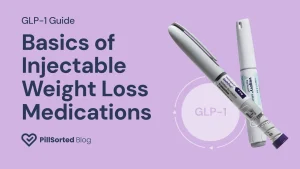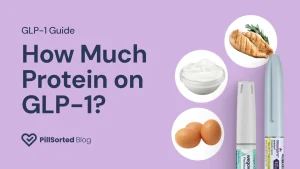What Exactly is the Mediterranean Diet?

Diet trends and fads come and go but one approach to eating looks here to stay: the Mediterranean diet. In fact having been around for thousands of year, it’s not really fair to call it a fad at all. But what exactly is the Mediterranean diet and why has it become a symbol of healthy eating and longevity? In this article, we’ll answer those questions and help you understand if the Mediterranean diet makes sense for you.
In this post:
- What exactly is the Mediterranean Diet
- Health benefits & scientific evidence
- Practical tips for adopting the Mediterranean Diet
- Is the Mediterranean Diet expensive
- Pharmacy Supplements
What exactly is the Mediterranean Diet?
Originating from the Mediterranean region, this diet is based on the traditional foods and eating habits of countries like Greece, Italy, Spain, and southern France. The Mediterranean (aka MedDiet) stands out for its emphasis on whole, minimally processed foods, predominantly plant-based ingredients and healthy fats like olive oil.
Unlike many modern diets, it encourages a balanced intake of fruits, vegetables, whole grains, lean proteins (such as fish and poultry) and unsaturated fats while limiting red meat and processed foods.
Additionally, its cultural and social aspects such as shared meals with family and friends and culinary traditions contribute to its holistic approach to health and wellbeing.
Let’s take a closer look at the main nutritional components of the Mediterranean Diet:
Fruits & Vegetables: At its core, the Mediterranean diet revolves around abundant consumption of fruits, vegetables, legumes, nuts, seeds, whole grains, and olive oil. These nutrient-dense foods provide a wide array of vitamins, minerals, antioxidants and fiber, promoting overall wellbeing and reducing the risk of chronic diseases.
Fish and seafood: Supplying essential omega-3 fatty acids that support heart health and cognitive function, fish and seafood are a staple of the Mediterranean Diet. Meanwhile, poultry, eggs, and dairy products are included in moderation. Red meat and processed foods are limited, making the Mediterranean diet inherently low in saturated fats and refined sugars.
Herbs & spices: Adding depth and complexity to dishes without relying on excessive salt or unhealthy condiments, fresh herbs like basil, oregano, and rosemary give meals flavour while providing additional health benefits, such as anti-inflammatory and antimicrobial properties.
Health benefits & scientific evidence
The Mediterranean Diet is often referred to the gold standard in preventative medicine due to its many studied and proven health benefits, including:
- Reduced risk of cardiovascular disease
- Lower blood pressure
- Improved HDL cholesterol function
- Better weight management
The Diet’s abundance of fruits, vegetables and olive oil provides antioxidants and anti-inflammatory compounds that support overall health. Moreover, the inclusion of omega-3-rich fish contributes to cognitive function and heart health and may lower the risk of certain chronic conditions, such as arthritis, certain cancers and diabetes.
Practical tips for adopting the mediterranean Diet
Start by gradually incorporating Mediterranean-inspired dishes into your meals such as salads with virgin olive oil dressing, whole grain pasta with vegetables or grilled fish with herbs. Then, increase your intake of fruits and vegetables, aiming to fill half your plate with these colorful and nutrient-rich options. Experiment with whole grains like quinoa, farro, and bulgur to add variety and fiber to your meals.
Swap out saturated fats such as butter for heart-healthy alternatives like olive oil, which can be used in cooking, dressings and marinades. Incorporate fish into your diet at least twice a week, opting for varieties like salmon, mackerel and sardines rich in omega-3 fatty acids. Limit your consumption of red meat and processed foods, opting instead for lean protein sources like poultry, legumes, and nuts.
Don’t forget to share meals together with family and friends whenever possible. The whole Mediterranean food and lifestyle experience works together to provide you with the most benefits.
Is the mediterranean Diet expensive?
Despite some misconceptions, the Mediterranean diet is not inherently expensive but rather emphasizes simple, whole foods that are budget-friendly and readily available at any supermarket. Staples like fruits, vegetables, whole grains, legumes and nuts can often be bought in bulk or canned to further reduce costs. And herbs can be quite easily grown in small pots right in your own kitchen.
While high-quality extra virgin olive oil may seem pricey, it’s used sparingly and offers such strong health benefits that it’s a worthwhile investment. Likewise, fish can be purchased canned or frozen and still be an economical and healthy choices. By reducing your consumption of red meat, you will also save on costs.
Pharmacy supplements
There are several pharmacy medications and supplements available in the UK that are related to the Mediterranean diet. While the Mediterranean diet primarily focuses on whole foods such as fruits, vegetables, whole grains, nuts, seeds and olive oil, here are some specific supplements and medications associated with its key components or health benefits.

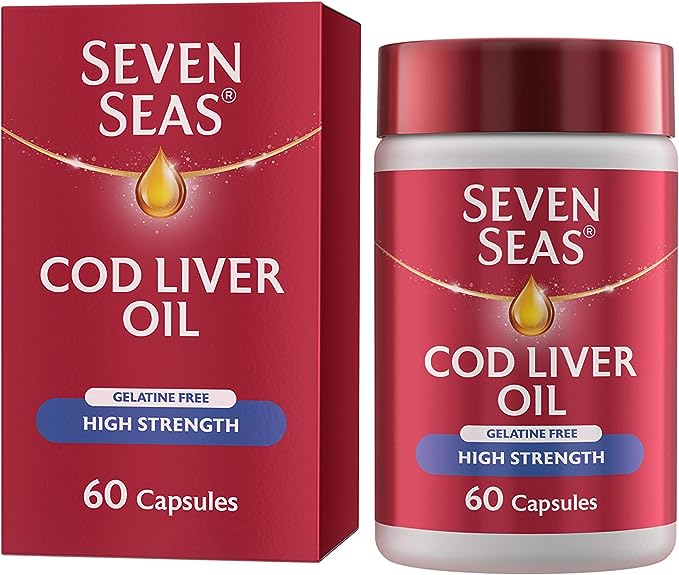
Seven Seas Cod Liver Oil High Strength – 60 Capsules
Seven Seas Cod Liver Oil is a high-strength supplement designed to support everyday good health.

Abidec Multivitamin Drops – 25ml
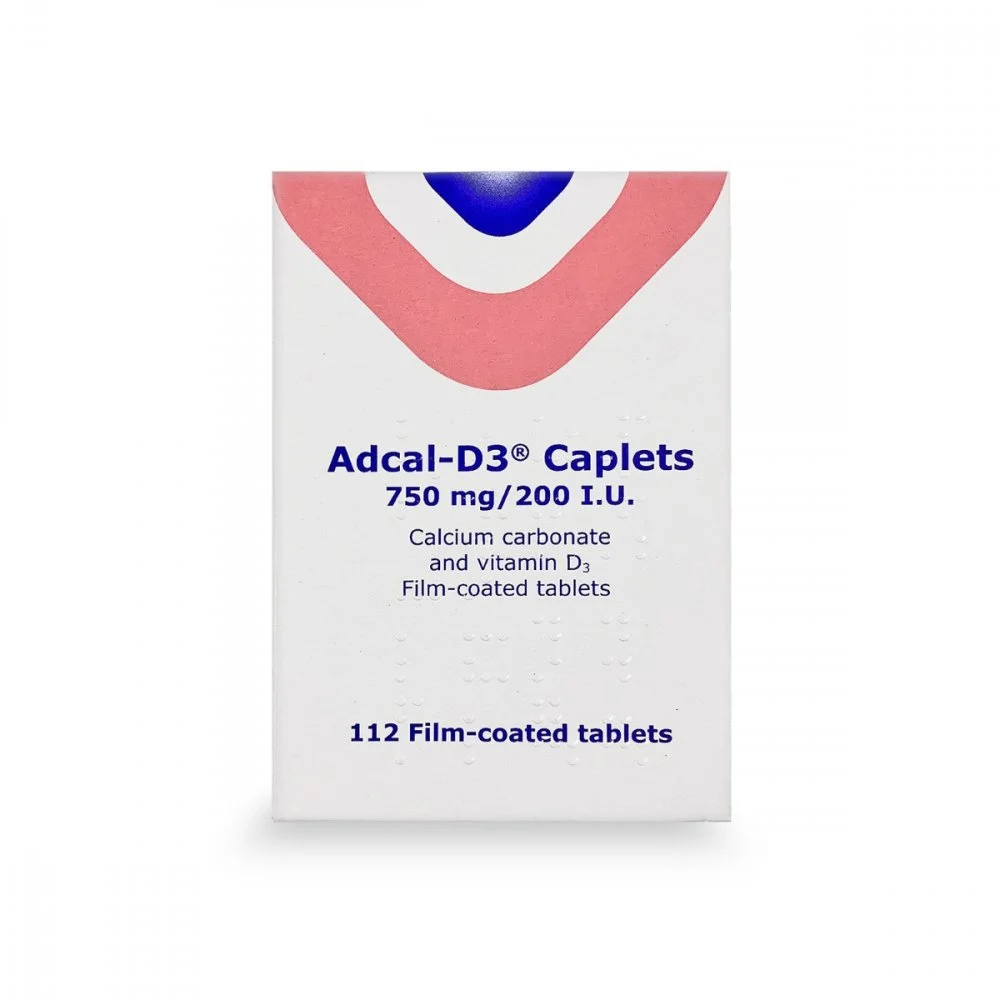
Adcal-D3 750mg/200 I.U – 112 Caplets
Adcal-D3 caplets are a dietary supplement with vitamin D and calcium that provide support for healthy teeth and bones.
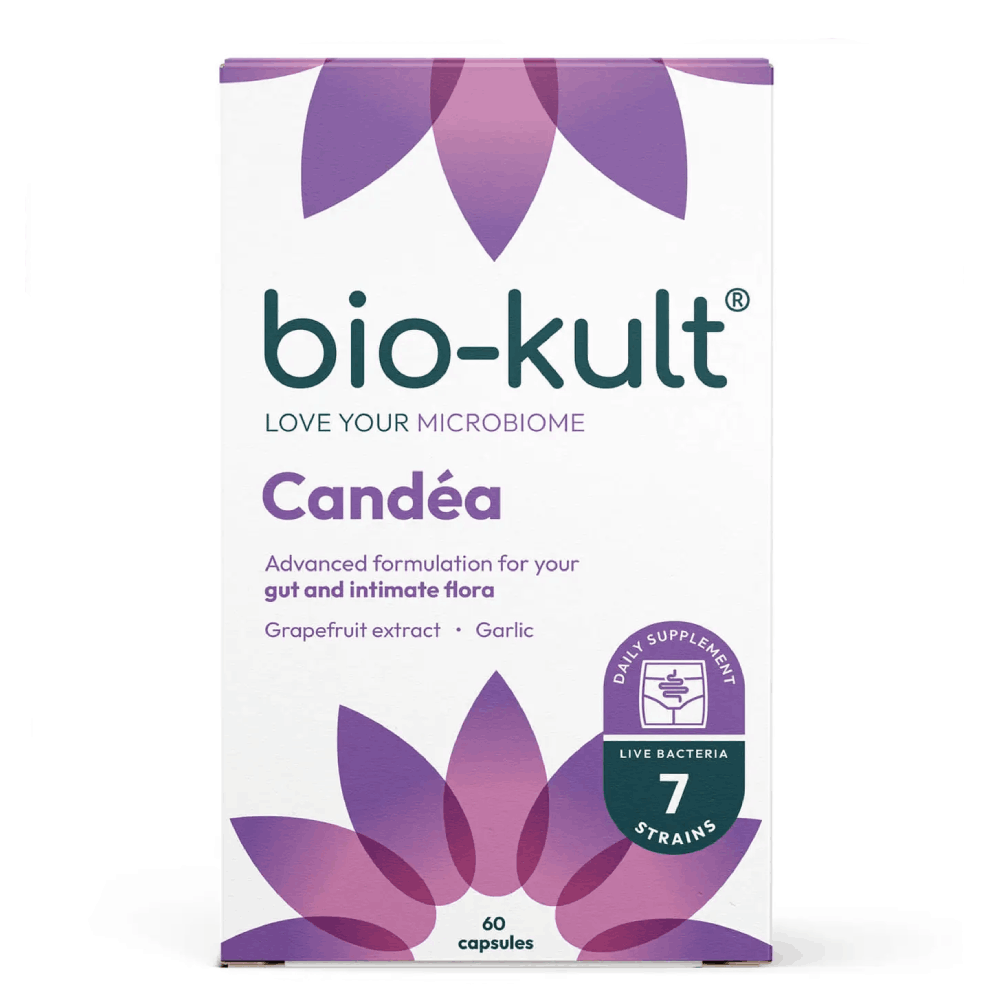
Bio-Kult Candéa – 60 Capsules
Bio-Kult Candéa capsules are a dietary supplement specifically designed to support the digestive system. These capsules contain 7 different types of bacteria that help keep the digestive system running optimally. Additionally, garlic and grapefruit extract are also included to provide additional benefits.
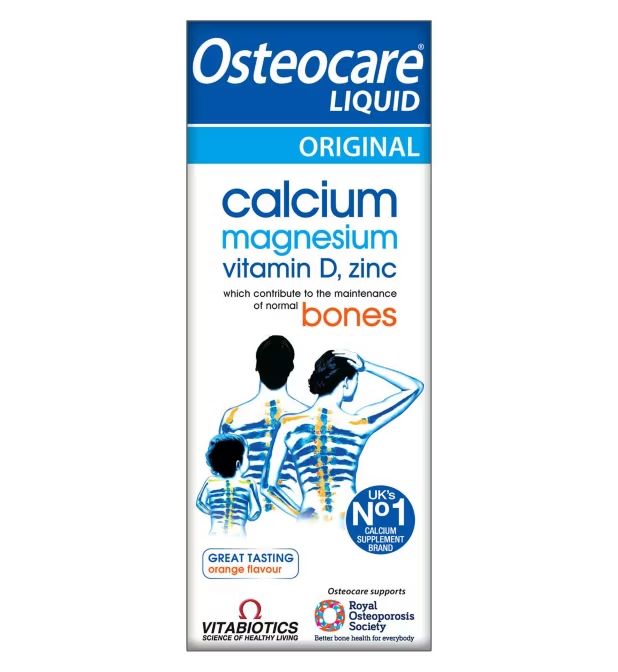
Vitabiotics Osteocare Liquid Original – 200ml
Vitabiotics Osteocare Liquid Original is a specially formulated calcium supplement that promotes optimal bone health.
Mediterranean Diet Dos & Don’ts
| Do | Don’t |
|---|---|
| Include a rainbow of fruits and veggies daily for vital nutrients and antioxidants. | Don’t eat processed foods and sugary snacks. |
| Use olive oil liberally for heart-healthy fats in cooking and dressings. | Don’t rely on red meat; limit consumption for heart health. |
| Enjoy fatty fish like salmon twice weekly for omega-3 benefits. | Don’t use excessive salt; use herbs and spices for flavor instead. Don’t skip meals; |
| Spice up dishes with herbs instead of excess salt. | Don’t skip meals. Maintain regular eating patterns for balanced nutrition. |
| Prioritize communal meals for shared enjoyment and social connection. | Don’t overeat; practice mindful eating habits for portion control. |
Main takeaways
- Prioritize nutrient-dense ingredients such as fruits, vegetables, whole grains, legumes, nuts, seeds and olive oil, to enhance your overall health and well-being while enjoying a diverse array of flavors and textures.
- Increase your intake of fruits, vegetables, legumes, and whole grains, to support heart health, improve cholesterol levels, and reduce the risk of chronic diseases.
- Consume healthy fats, particularly those found in olive oil and fatty fish to support cardiovascular health, cognitive function, and overall wellbeing.
- Social connection and communal dining experiences are also key to the Mediterranean diet, fostering a sense of belonging and emotional wellbeing, contributing to a holistic approach to healthful living.
References
NHLIB (2018). How the Mediterranean diet lowers risk of cardiovascular disease
De Pergola et al. (2018). Influence of Mediterranean Diet on Blood Pressure
Hernáez, Á. et al. (2017). Mediterranean Diet Improves High-Density Lipoprotein Function in High-Cardiovascular-Risk Individuals
Martinez-Gonzalez, M. (2018). Mediterranean diet and life expectancy; beyond olive oil, fruits and vegetables
PillSorted
PillSorted is a full service pharmacy that delivers trusted pharmacy products, over-the counter medications, and the prescriptions your doctor recommends, directly to your door. Your PillSorted pharmacist is happy to answer your questions about weight loss and potential treatment options at 0333 4050380 or help@pillsorted.com.
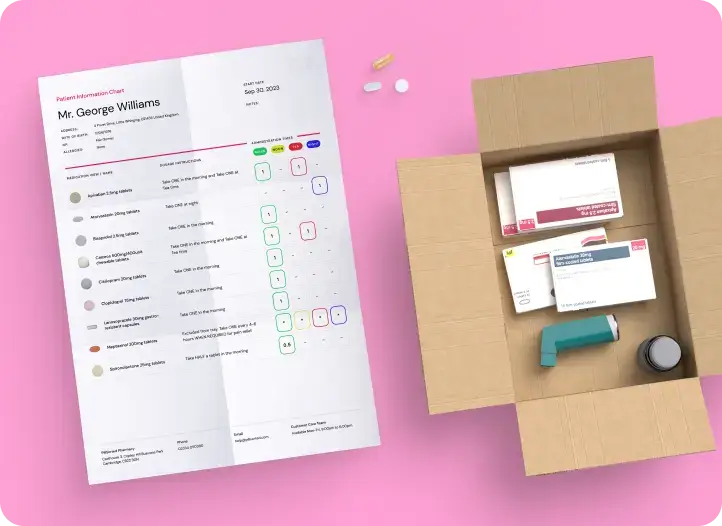
All third-party trademarks (including logos and icons) referenced by PillSorted remain the property of their respective owners. Unless specifically identified as such, PillSorted’s use of third party trademarks does not indicate or imply any relationship, sponsorship or endorsement between PillSorted and the owners of these trademarks.






























